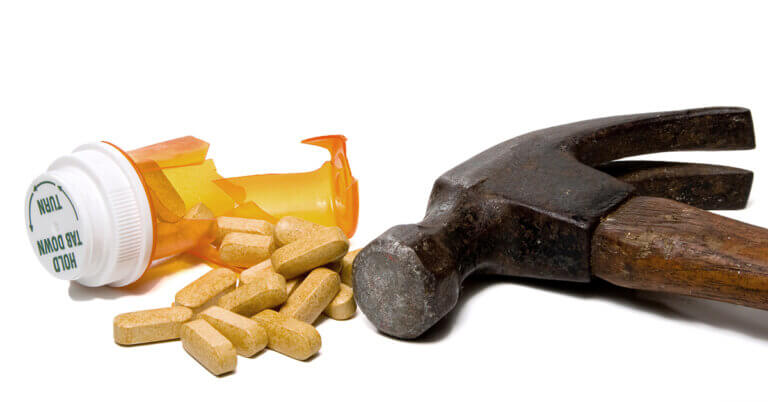October 25, 2023

Putting a Price Tag on Healthcare Middlemen
Healthcare middlemen like group purchasing organizations, distributors and pharmacy benefit managers (PBMs) add costs to our already bloated healthcare system, not subtract costs through savings like they claim.
If you don’t believe me, read this short but telling research letter in JAMA Health Forum. Written by four researchers affiliated with the University of Utah and Johns Hopkins University, the research letter looks at the financial impact of spread pricing by PBMs. That’s when PBMs charge health insurers more than what the PBMs pay dispensing pharmacies for the same covered drugs. PBMs keep the difference.
The researchers’ study pool consisted of 45 generic drugs covered by Medicare Part D. For a drug to be included in the pool, more than two pharmaceutical manufacturers had to make the drug, the Medicare Part D program had to pay out more than $100 million each year for the drug, and more than a million Medicare beneficiaries had to use the drug.
In 2021, Medicare beneficiaries filed 690 million drug claims for those 45 drugs totaling $11.8 billion, per the study. The average cost per claim was $22.50.
The researchers broke down that average cost per claim by where the money went, and in 2021 it went as follows:
- 40.8% went to the gross profit of PBMs.
- 29.9% went to the revenue of drug manufacturers.
- 17.2% went to the gross profit of dispensing pharmacies.
- 12.0% went to the gross profit of drug wholesalers.
In short, only about 30% went to drug companies, and about 70% went to three intermediaries, or middlemen, between the drug maker and the drug user with most of that 70% share going to PBMs.
“Policy efforts prohibiting spread pricing practices of PBMs may lower claim-level revenue retained by PBMs for generic drugs,” the researchers said.
What do PBMs do to healthcare consumers again? Right. The same thing GPOs and distributors do to healthcare consumers.
Thanks for reading.
To learn more about this topic, please read:





